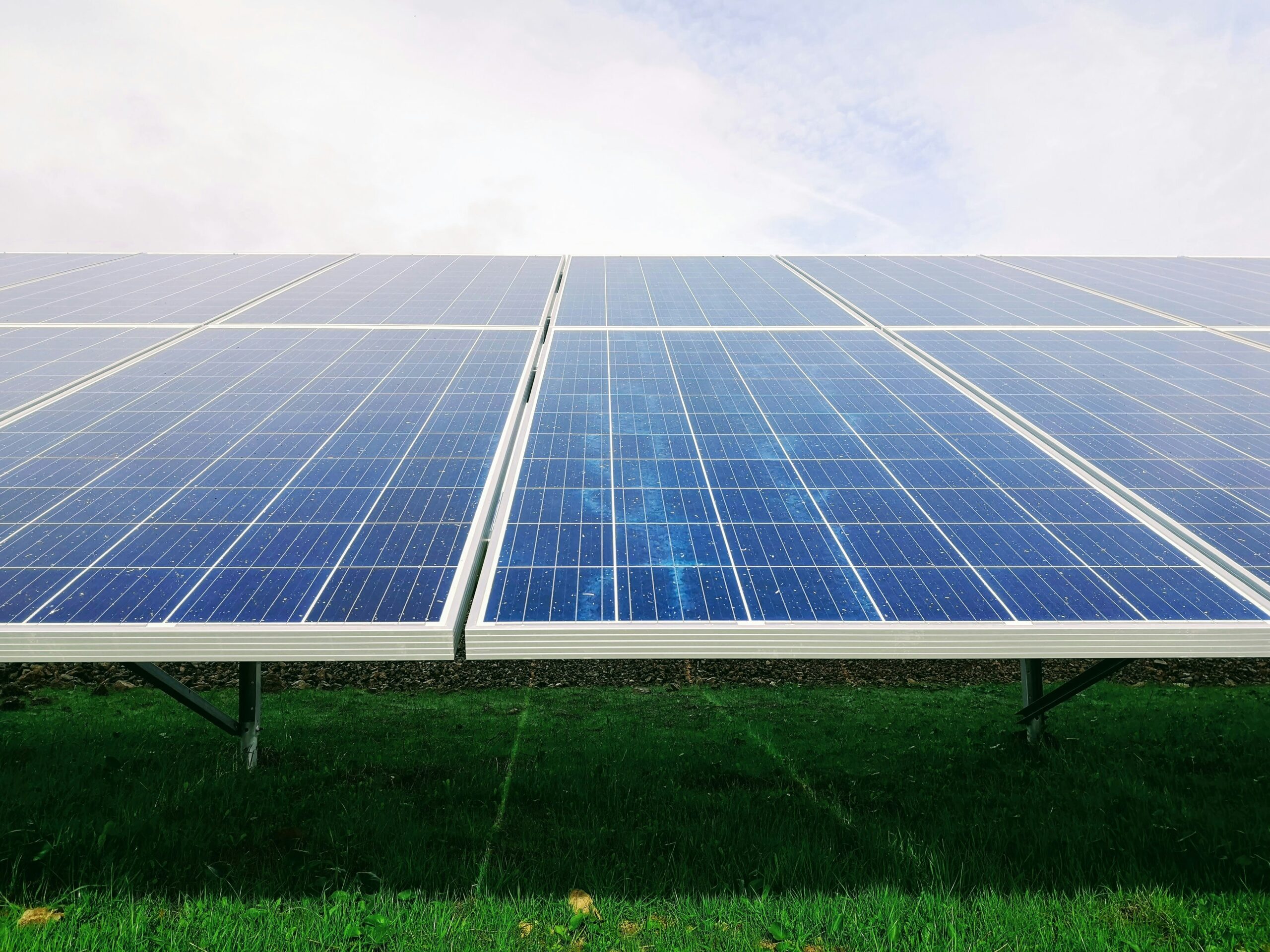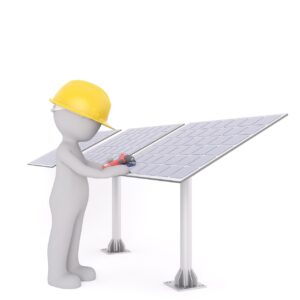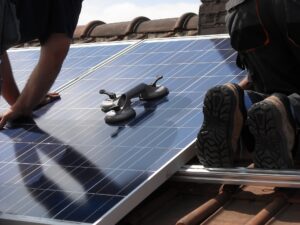Looking to switch to solar energy but not sure how to choose a trustworthy installer? We’ve got you covered. In this article, we will guide you through the essential factors to consider when selecting a reliable solar panel installer. From qualifications and certifications to customer reviews and warranty options, we will arm you with the knowledge needed to make an informed decision and ensure a smooth transition to solar power for your home or business.
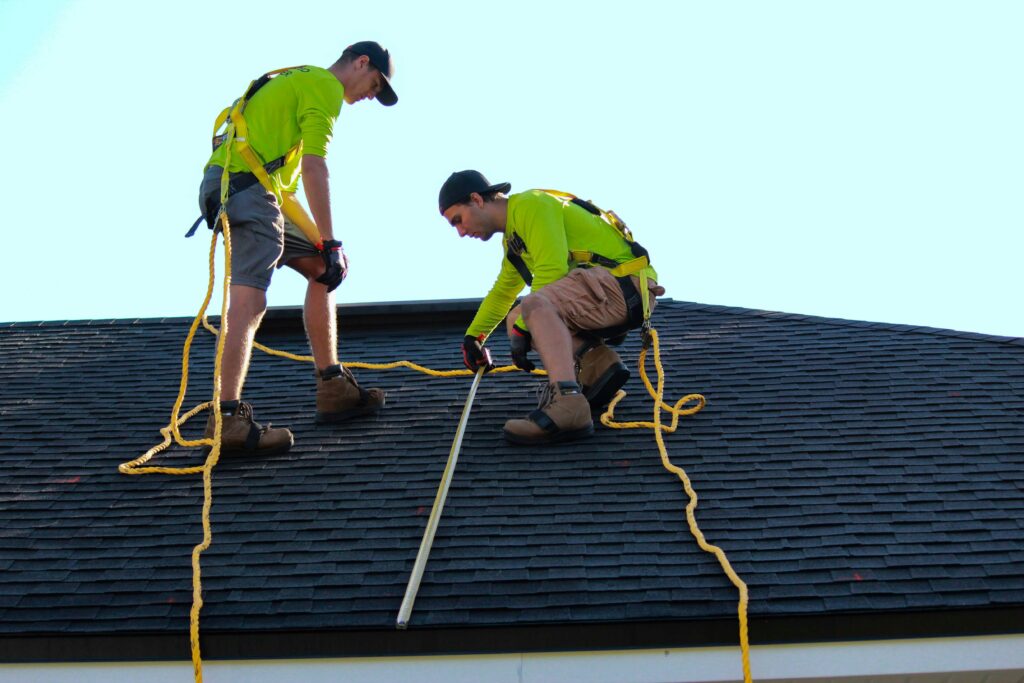
Researching Solar Panel Installers
When it comes to choosing a reliable solar panel installer, it’s essential to conduct thorough research. Start by seeking recommendations from friends, family, or neighbors who have already installed solar panels. They can provide valuable insights and real-life experiences with different installers. Additionally, online reviews and ratings can be a valuable resource. Websites like Yelp, Google Reviews, and Angie’s List allow homeowners to provide feedback on their experiences. By reading these reviews, you can get a sense of the installers’ reputation and quality of work.
Furthermore, it’s worth checking with local solar energy organizations or associations. These entities often have a list of trusted installers who meet specific criteria and adhere to industry standards. Their recommendations can provide a level of trust and assurance. Finally, research the installer’s experience and expertise. Look for companies with a proven track record and a solid reputation in the industry. Consider the number of years they’ve been in business and the number of installations they’ve completed to gauge their level of experience.
Verifying Insurance and Licenses
Ensuring that the solar panel installer has appropriate insurance coverage and holds valid licenses and certifications is crucial. Start by confirming that the installer has general liability insurance. This insurance protects you from liability if any damage occurs during the installation process. It’s vital to ask for proof of insurance and verify that the policy is up to date.
Additionally, check if the installer holds the necessary licenses and certifications. These credentials demonstrate that the installer has met specific requirements and qualifications to perform the installation. Contact your local licensing authority to verify the installer’s credentials. Moreover, make sure the installer has obtained proper permits for the installation. Permits ensure that the solar panel system meets all building codes and regulations set by local authorities.
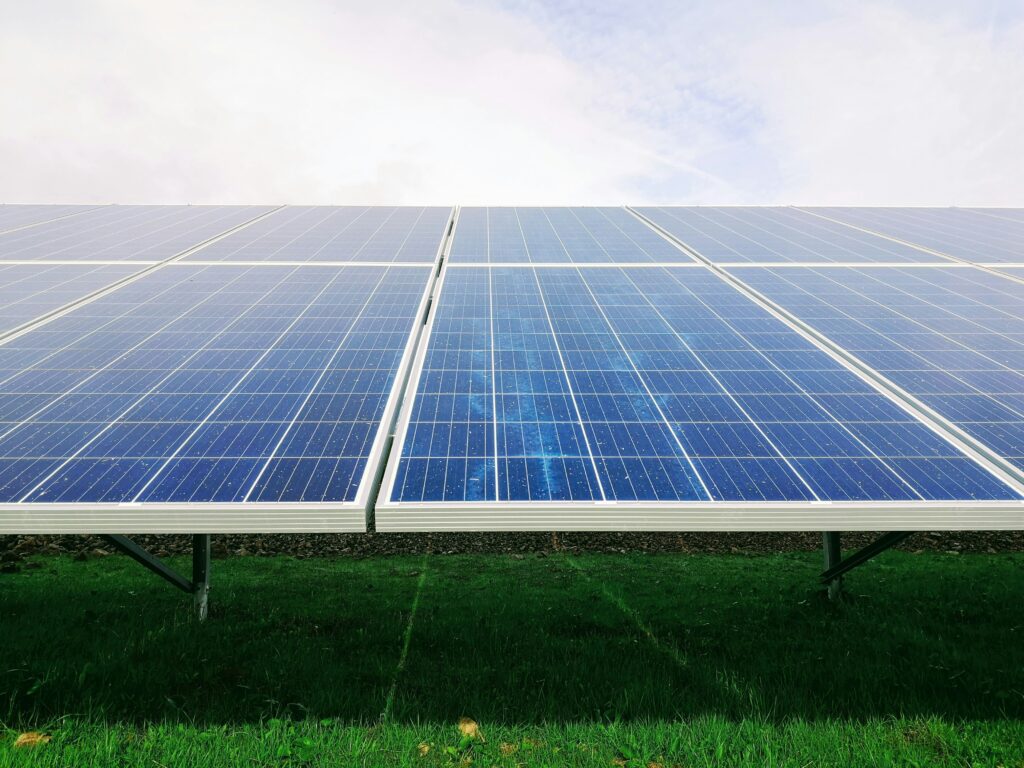
Getting Multiple Quotes
Obtaining multiple quotes from different installers is a fundamental step in choosing a reliable solar panel installer. Ideally, aim to get quotes from at least three different companies. This allows you to compare not only the pricing but also the terms and conditions of each quote. Keep in mind that the cheapest option may not always be the best choice. Consider factors like the quality of equipment, warranties offered, and the installer’s reputation.
When reviewing the quotes, ask for a breakdown of costs. This will help you understand how much you’re paying for each component of the installation, such as labor, materials, and permits. Additionally, pay attention to the warranties provided by each installer. A reliable solar panel installer should offer comprehensive warranties that cover both the equipment and the installation workmanship.
Checking Manufacturer Partnerships
Inquire if the solar panel installer is a certified partner of reputable solar panel manufacturers. Certification from manufacturers indicates that the installer has met specific standards and requirements. It’s a sign of trust and expertise in handling and installing their products. Additionally, consider if the installer offers a variety of panel brands and models. A wide range of options allows you to choose the best solar panel system that fits your needs and preferences.
Moreover, ask about any exclusive partnerships or discounts that the installer may have. Some installers have special relationships with manufacturers that allow them to offer promotional deals or lower prices. These partnerships can lead to cost savings for you as a homeowner.
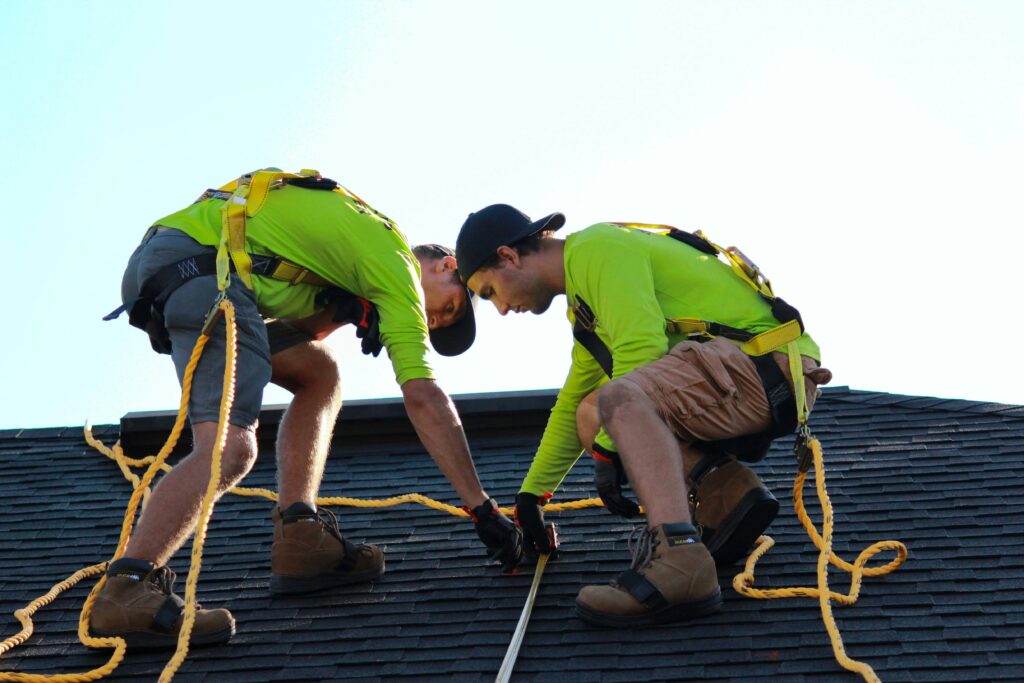
Assessing Workmanship Warranty
Inquiring about the workmanship warranty is essential to ensure that you’re covered if any installation issues or errors arise. Ask the installer about the length of the warranty and what it covers. A reliable solar panel installer should offer a workmanship warranty that lasts for a considerable period, typically at least 5 to 10 years. This warranty should cover any defects or problems caused by faulty installation.
Furthermore, it’s crucial to understand the process for filing a warranty claim. Ask the installer about the steps you need to take if you encounter any issues with your solar panel system. Consider how responsive and reliable their warranty service is. A reputable installer will have a clear and streamlined process for handling warranty claims, ensuring that you have peace of mind throughout the life of your solar panel system.
Considering Financing Options
When choosing a solar panel installer, it’s important to consider the available financing options. Installing a solar panel system can be a significant investment, and not everyone has the funds to pay upfront. Inquire about the financing programs offered by the installer. Some companies may provide in-house financing options or partnerships with financing institutions. These options allow you to spread out the cost of the installation over time.
Additionally, ask if there are any incentives, rebates, or tax credits available to offset the cost of the installation. Governments and utility companies often provide incentives to encourage homeowners to switch to solar energy. Taking advantage of these incentives can help make the installation more affordable. Finally, evaluate the terms and interest rates of the financing programs offered. Consider the total cost of financing and ensure that it aligns with your budget and financial goals.
Evaluating Maintenance and Support
Solar panel systems require regular maintenance to ensure optimal performance and longevity. Inquire about the ongoing maintenance services offered by the solar panel installer. Some companies provide routine maintenance packages that include inspections, cleaning, and system performance checks. Having a professional regularly monitor and maintain your system can help identify and address any issues before they become major problems.
Additionally, ask if the installer provides monitoring and troubleshooting support. Monitoring services allow you to track the performance of your solar panel system in real-time. It can alert you to any issues or inefficiencies, allowing you to take proactive measures. Furthermore, ensure the installer has a responsive customer service team. If you ever encounter any problems or have questions, it’s important to have a reliable point of contact who can assist you promptly.
Assessing System Design and Aesthetics
The system design and aesthetics of your solar panel installation can greatly impact the overall appearance of your home. Evaluate the installer’s ability to customize the system design to meet your specific needs and preferences. A reliable installer should take into consideration factors such as your roof layout, available space, and energy consumption patterns. They should work with you to create a design that maximizes energy production while seamlessly blending with the architectural style of your home.
Furthermore, discuss the placement of the solar panels and how it may affect the aesthetics of your property. Some homeowners prefer to have the solar panels installed on less visible areas, while others prioritize maximizing sun exposure. Communicate your preferences to the installer, and they should be able to find a solution that meets both your aesthetic and energy production goals. Asking for visual representations or examples of previous installations can give you an idea of the installer’s design capabilities.
Understanding the Installation Process
Before selecting a solar panel installer, it’s important to understand the installation process and how it may impact your property and daily routines. Inquire about the estimated timeline for installation. The duration of the installation process may vary depending on factors like the size of your system and the complexity of the installation. Knowing the timeframe allows you to plan accordingly.
Additionally, ask the installer about any potential disruptions or access requirements during the installation. Installing solar panels may involve temporarily blocking access to certain areas of your property or interrupting your daily routines. Being aware of any necessary accommodations can help you prepare and minimize the inconvenience.
Checking References and Past Projects
Finally, checking references and past projects is a critical step in choosing a reliable solar panel installer. Request references from past customers and take the time to follow up with them. Speaking directly with previous clients allows you to gain insights into their experience working with the installer. Ask about the overall satisfaction with the installation process, the quality of the workmanship, and any issues encountered.
Additionally, ask the installer for examples and photographs of previous projects. This gives you a visual representation of their work and allows you to assess the quality of their installations. Furthermore, read testimonials or case studies on the installer’s website or social media platforms. Positive feedback and success stories can provide reassurance that you’re choosing a reputable installer.
By following these comprehensive steps, you can confidently choose a reliable solar panel installer who will ensure a smooth and successful installation process. From researching and verifying insurance to evaluating warranties and past projects, each step contributes to making an informed decision. Remember to prioritize quality, reputation, and expertise when selecting your solar panel installer. With the right installer, you can enjoy the benefits of solar energy for years to come.

